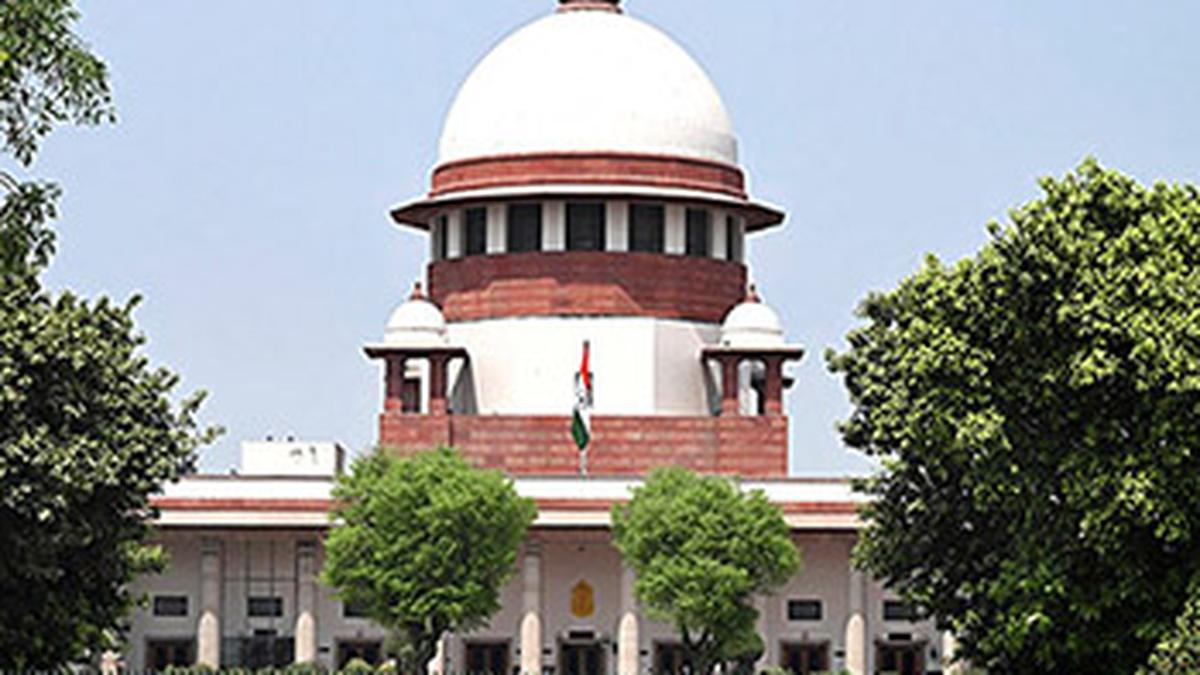
Supreme Court of India, in New Delhi. File
| Photo Credit: Sushil Kumar Verma
The Supreme Court on Thursday (October 9, 2025) agreed to list an application filed by AIMIM chief Asaduddin Owaisi seeking a six-month extension for the registration of waqfs across the country on the UMEED portal.
”Under the newly inserted Section 3B(1), every waqf registered prior to the 2025 Waqf Amendment Act is required to file the details of the waqf and the property dedicated to the waqf on the portal and database within six months. A six-month timeline is also prescribed under Section 36(1) read with Section 36(10) of the 1995 Waqf Act,” the application said.
A newly inserted provision, Section 36(10), inserted into the 1995 Act through the 2025 Amendment law stipulates that “no suit, appeal, or other legal proceeding to enforce rights on behalf of an unregistered waqf shall be instituted or commenced, nor shall any such proceeding be heard, tried, or adjudicated by any court.” This translates to a blanket bar on legal relief for waqfs which did not register on the portal in time.
”This period of six months is set to lapse on October 8, 2025, after which unregistered waqfs, irrespective of their long-standing existence and recognition as waqfs, would be rendered wholly remediless. Thereby consigning the fate of such unregistered waqfs to grave uncertainty and uncanalised judicial discretion,” the application, represented by advocates Nizam Pasha and Lzafeer Ahmad said.
The application said that five of the six months had elapsed between the reservation of judgment by the Supreme Court on plea to stay the 2025 Act to the pronouncement of the judgment on September 15. The Supreme Court, in its judgment on September, had struck a balance by staying crucial portions of the Waqf (Amendment) Act of 2025 which it found “prima facie arbitrary” while refusing to freeze the law in its entirety.
”The judgment, while dealing with other aspects of interim relief, did not address the imminent expiry of the statutory deadline under Section 36(10). Through the present application, the applicant seeks to bring this to the notice of this court so that suitable relief is granted to prevent waqfs across the country from finding themselves deprived of the protection and remedies under the Waqf Act without being afforded an effective or meaningful opportunity to secure registration. It is this imminent risk of irretrievable prejudice, to which every unregistered waqf across the country now stands exposed,” the application said.
Published – October 09, 2025 03:01 pm IST






















